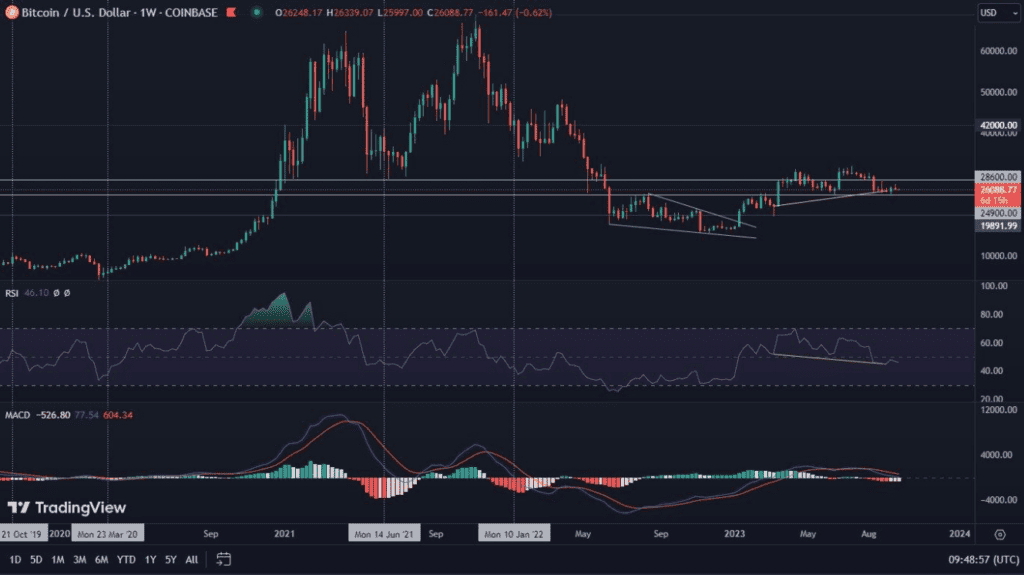South Africa, eager to keep up with global trends, has decided to introduce a new regulation for exchanges of digital assets. It becomes possibly the first country on the African continent to require exchanges to be licensed.
New guidelines for cryptocurrency exchanges in Africa
The Financial Sector Conduct Authority (FSCA), South Africa’s financial regulator, recently announced that all cryptocurrency exchanges operating in the country will have to obtain special licenses before the end of the year. According to information provided by Bloomberg, the agency has already received around 20 applications, and the number is expected to increase significantly.
FSCA Commissioner Unathi Kamlana stressed the need for a regulatory framework for crypto products. In his view, such an action is prudent because of the potential risks posed by the use of cryptocurrencies by a diverse set of customers. This is why the FSCA intends to enforce the new regulations and take action against those exchanges that fail to comply with the licensing requirements. This means possible fines or even closure of companies that fail to comply with the new rules.
First such regulation in Africa
South Africa, with this initiative, is becoming a forerunner on the African continent. Many experts believe that other regulators around the world will also tighten regulations on cryptocurrencies to provide greater protection for their customers.
The introduction of new regulations will affect many South African digital asset trading platforms. Exchanges such as Digital Currency Group’s Luno and Pantera Capital-backed VALR will have to undergo a vetting process. Even global platforms such as Binance will not escape the new regulations.
Undoubtedly, this is a watershed moment for the cryptocurrency market in South Africa. The introduction of cryptocurrency exchange licenses is an important step toward greater regulation and oversight of the sector. Organizations such as the FSCA are working with the industry to make the necessary changes and improve safeguards for customers.
The world is changing attitudes toward cryptocurrencies
It should be noted that the trend toward stricter regulation in the cryptocurrency sector is not just a South African phenomenon. The Monetary Authority of Singapore has also announced a new regulation that requires clients’ assets to be placed in a statutory trust fund.
The conclusion is clear – cryptocurrencies are becoming more accepted and popular around the world, but with this comes a growing need for greater control and regulation. South Africa is emerging as a forerunner in Africa, setting an example for other countries on the continent on how to ensure the safety and well-being of customers in this very forward-thinking sector.



























